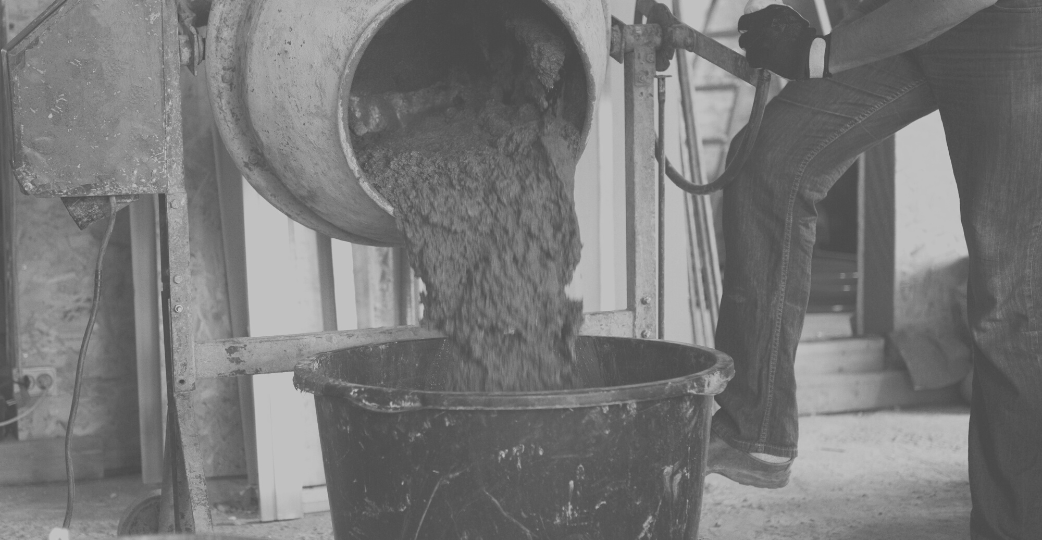
Dads mental health is a big issue at the moment.
The stats don’t lie.
- Three times as many men as women die by suicide
- Men aged 40 to 49 have the highest suicide rates in the UK. I think how many of those as dads and there dads mental health is so important.
- Men report lower levels of life satisfaction than women, according to the Government’s national well-being survey
- Men are less likely to access psychological therapies than women: only 36% of referrals to NHS talking therapies are for men
Report from Mental health foundation.
Having worked in professional sports and with high-performing people, I have heard the phrases such as
“man up”
toughen up”
stop being such a pu**y,
And don’t be a girl” used all the time.
This implies that men should always be tough and push through their problems, no matter how severe.
This notion is harmful to masculinity and creates ongoing problems for society. Business dads often try to hide their emotions for various reasons, including not knowing how to handle them or feeling unsafe expressing them. This seriously affects business dads mental health.
This leads to bottled-up feelings, resulting in explosive or self-destructive behaviour. Of course, there will be people reading this, think, but I need to be strong for our families. Yes. 100%, when things are going wrong, people will look to us for strength and guidance. However, there need to be times when we process these emotions.
Trauma is not what happens to you; it’s what happens inside you as a result of what happened to you.”
As Gabor Mate writes,
The consequences of “manning up” can cost business dads relationships, careers, and mental health.
The idea has been passed down for generations, but it’s time for dads to break this cycle. By talking openly and learning to recognise and communicate emotions, dads can avoid the adverse effects of “manning up” and improve their mental health.
We all know that work-related stress, depression, and anxiety cases are costing businesses millions per year, but what about the cost to the children of these men?
It’s up to dads to start the conversation and normalise expressive and open communication, leading to a healthier and more fulfilling life. There is a stigma attached to talking and a misperception that symptoms of mental illness are based on a person having a weak character.
I personally know the harmful effects of adhering to the notion of “manning up, don’t show emotions.” In 2021 I felt the struggle with mental health led me to withdraw from my wife and friends, isolate myself, feel like a victim, ignore the reality of my situation and not be grateful for what I have.
However, today I am a strong advocate for openness and transparency. These values have greatly improved my life since I can express myself openly. Sometimes I get this wrong, but ultimately this led to my daddy, daddy, daddy moment that shifted my attention. Over the last six months, I have been focusing on transformational leadership as a dad; take a look at the article here or watch the video below.
As gender and society, we must break the cycle of destructive behaviours associated with “manning up” and pass on healthier attitudes to future generations.
This starts with us as an individual and as a collective. This is why I am so passionate about the pathway and supporting dads mental health
We must encourage open and expressive communication and actively engage in it ourselves. Dads need to learn to identify and safely communicate their emotions.
Speaking up can lead to finding support and connection with others who understand your problems and reduce feelings of loneliness.
Book a call if you would like to be part of my business dads research book here. Or if you want to watch my 3 steps to being a better business dad sign up and watch here.
Lee
Director and Founder
